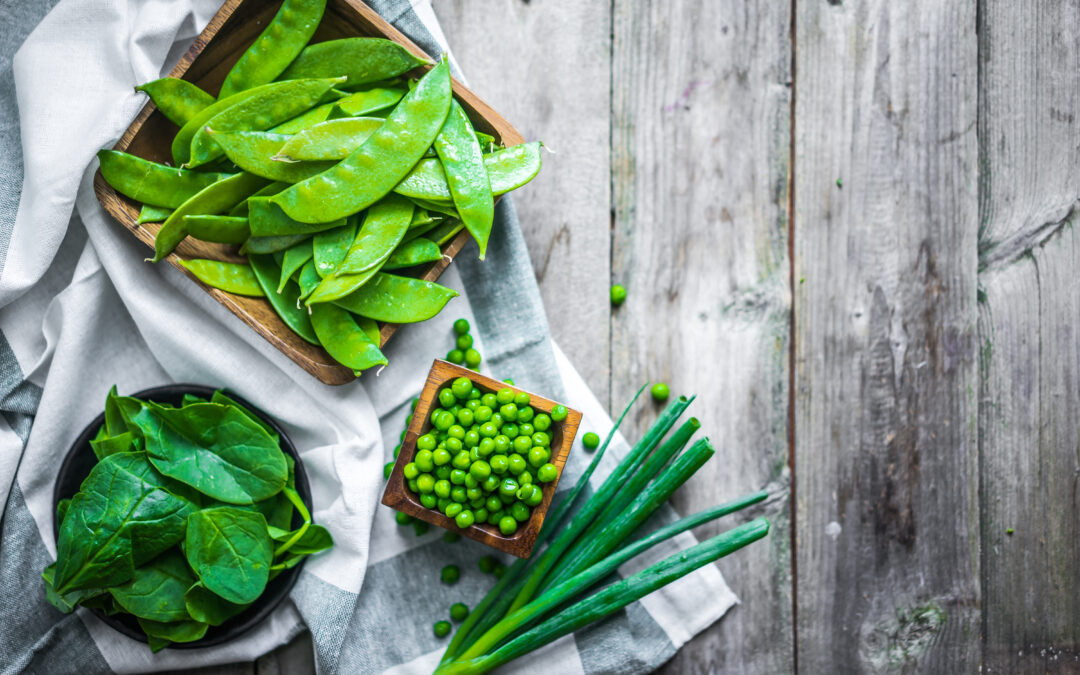Organic gardening is a growing trend that has been gaining popularity over the years. It involves using natural methods to grow plants without relying on synthetic chemicals and fertilizers. In this blog post, we will explore tips and tricks for successful organic gardening.
Introduction to Organic Gardening
Organic gardening is not only healthy for your plants but also beneficial for the environment. By choosing to go organic, you are reducing pollution and conserving water resources. Additionally, it promotes biodiversity by attracting birds, bees, and other helpful insects into your garden. With organic gardening, you can rest assured that your produce is free from harmful pesticides and herbicides.
The Benefits of Going Organic
There are many benefits of going organic in your garden. Firstly, organically grown food tastes better than conventionally grown food because it contains more nutrients. Secondly, organic farming practices help improve soil quality and reduce erosion. Thirdly, organic gardening reduces exposure to toxic chemicals which can have adverse effects on human health. Finally, organic gardening helps preserve our ecosystem and protect endangered species.
Thank you for reading this post, don't forget to subscribe!
Tips for Successful Organic Gardening
To achieve success with organic gardening, there are several things you need to do. One important tip is to choose the right location for your garden. The area should receive at least six hours of sunlight per day and have well-draining soil. You should also consider adding compost and mulch to your garden as they provide essential nutrients for plant growth. Another key factor is to maintain proper spacing between plants to allow airflow and prevent disease outbreaks. Lastly, use natural remedies such as neem oil or garlic spray to control pests and diseases instead of resorting to harsh chemicals.
Common Mistakes to Avoid in Organic Gardening
While organic gardening offers numerous benefits, it requires careful planning and attention to avoid common mistakes. One mistake is overwatering your plants which can lead to root rot and fungal diseases. Another mistake is not providing enough light for your plants which can result in stunted growth and poor yields. Additionally, failing to rotate crops can lead to soil depletion and increased susceptibility to pests and diseases. Finally, not removing weeds early enough can cause them to take over your garden and compete with your plants for nutrients.

In conclusion, organic gardening is an excellent way to grow healthy plants while minimizing environmental impact. By following these tips and tricks, you can successfully grow your own organic fruits and vegetables while enjoying their freshness and flavor.




